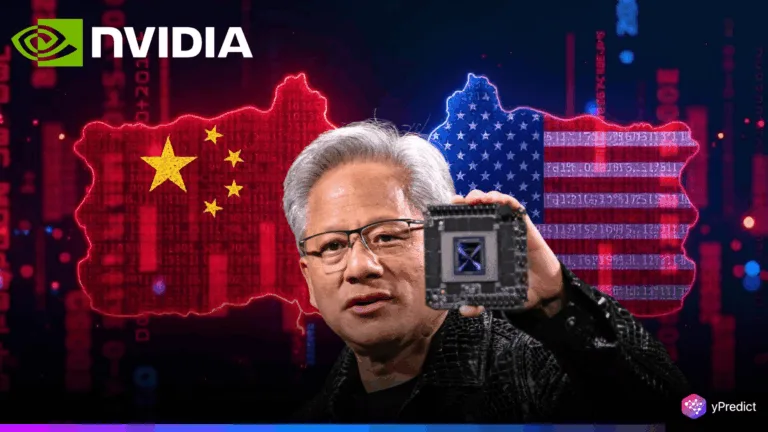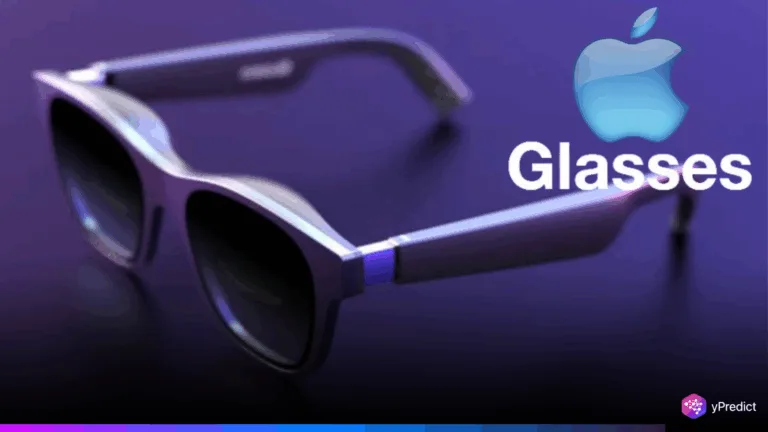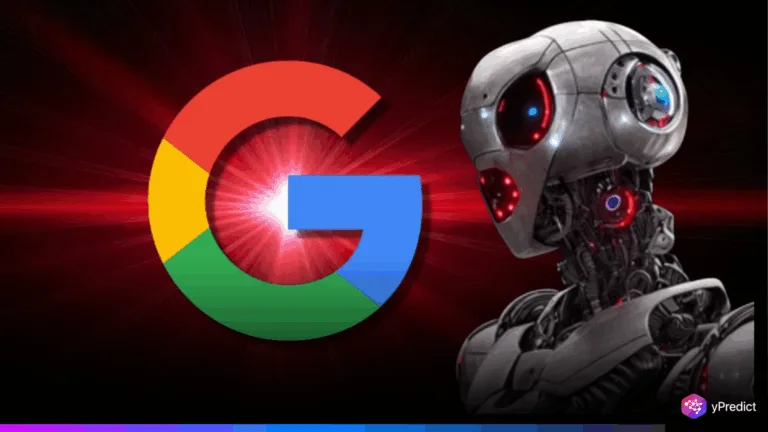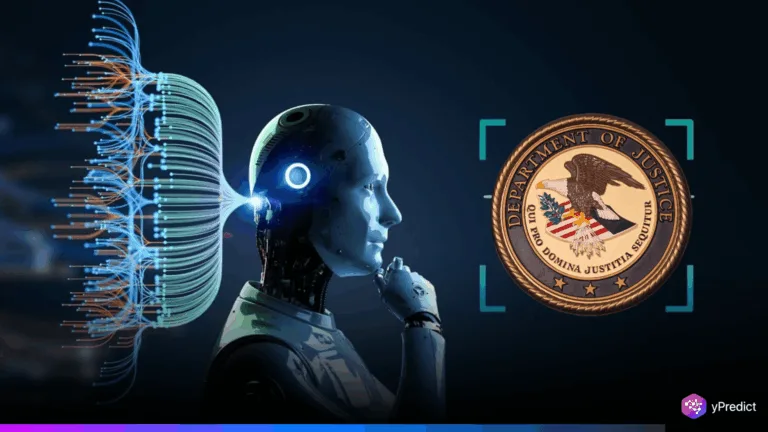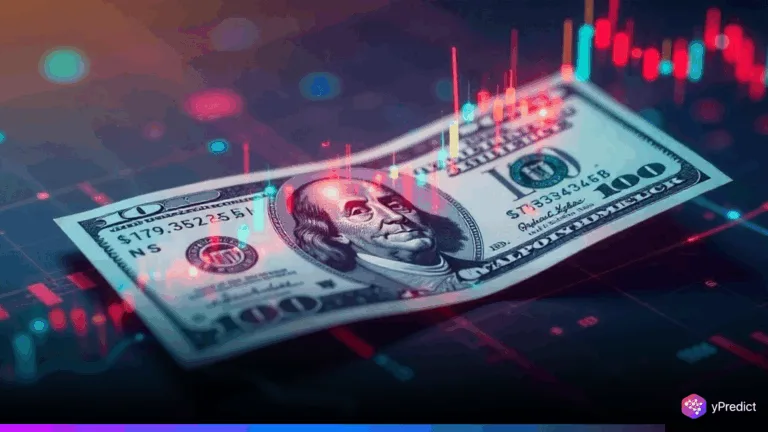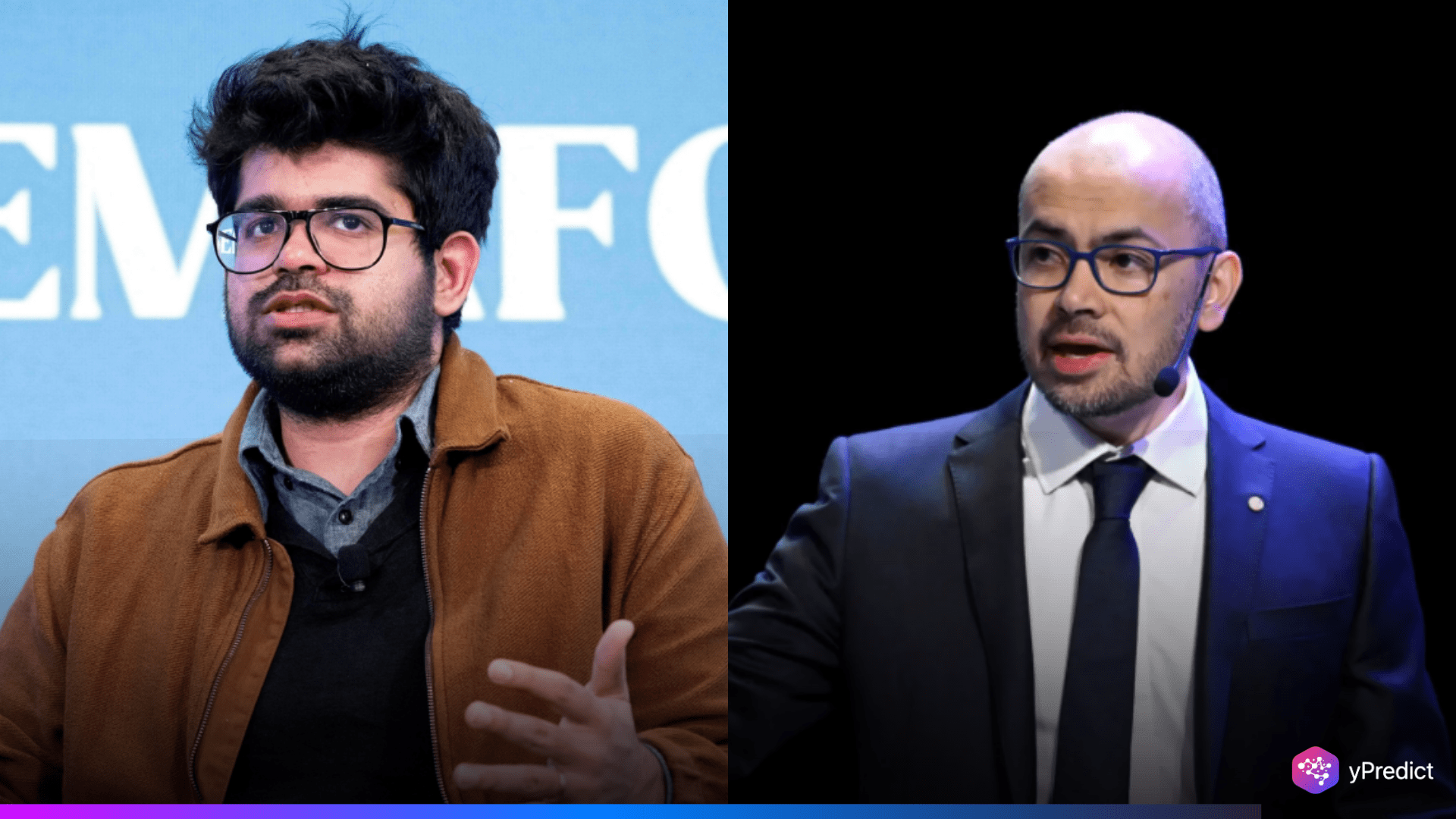
In a bold and futuristic vision, Google DeepMind CEO Demis Hassabis claimed that AI could cure all diseases, potentially within the next decade. His statement, made during an interview on CBS’s 60 Minutes, has drawn attention across the tech world—and found a strong supporter in Perplexity AI CEO Aravind Srinivas, who echoed the optimism and called Hassabis a “genius.”
Currently, drug development is a notoriously slow and expensive process, taking up to 10 years and billions of dollars to bring a single treatment to market. But Hassabis believes that AI drug discovery models are on the cusp of dramatically reducing that timeline—from years to mere months or even weeks.
AI to Redesign Drug Discovery—and End All Diseases?
During his interview, Hassabis said, “I think one day maybe we can cure all diseases with the help of AI.” He pointed to AI’s ability to analyze protein structures, a breakthrough that has the potential to transform human health at a foundational level.
When asked whether AI could realistically help in ending all diseases, the 48-year-old scientist responded confidently, “I think that’s within reach. Maybe within the next decade or so, I don’t see why not.”
These statements are not just visionary—they are grounded in DeepMind’s latest achievements. Hassabis shared that his team’s AI systems have mapped over 200 million protein structures, a task that would have taken human researchers over a billion years of combined PhD work.
Perplexity AI CEO Supports the Vision
The bold vision laid out by the Demis Hassabis DeepMind team resonated strongly with Perplexity AI CEO Aravind Srinivas, who took to X (formerly Twitter) to praise the interview. Reacting to a clip of Hassabis, Srinivas wrote, “Demis is a genius,” and added that Hassabis should be given “all the resources in the world to make this happen.”
Srinivas’s company, Perplexity AI, has been making headlines. The firm is building a search-powered AI platform designed to rival Google and is preparing to launch an agentic browser that could eventually challenge Google Chrome.
By aligning with Hassabis’ vision, Srinivas underscored a growing consensus in the AI world: machine learning has the potential to revolutionize not just how we search or communicate, but how we heal.
One Billion Years of Research—In Just One Year
Hassabis also highlighted one of DeepMind’s most mind-boggling achievements to date. In a conversation with LinkedIn CEO Reid Hoffman, he explained that their AI had effectively done the equivalent of “a billion years of PhD time” in just one year. The AI system accomplished this by analyzing and predicting the structure of hundreds of millions of proteins.
For context, Hassabis noted that it typically takes a PhD student their entire doctoral career to uncover just one protein structure. DeepMind’s AI has shattered that scale entirely, paving the way for faster and cheaper drug development, and potentially unlocking cures for diseases that have long eluded science.
As this breakthrough continues to make waves, Hassabis’s claim that AI could cure all diseases no longer sounds like science fiction, but a plausible goal for the next decade.

